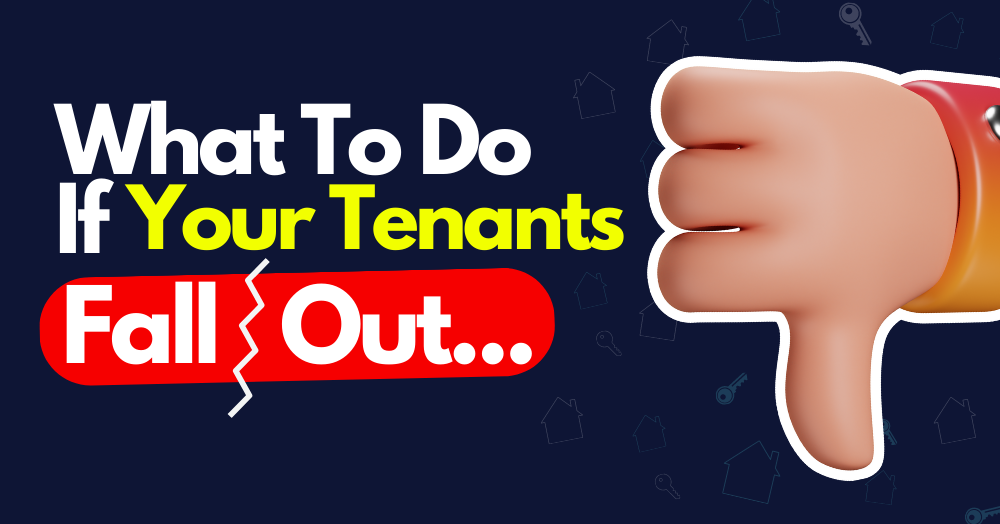It's important for landlords to maintain a professional and neutral stance in any disputes that may arise between tenants. It's also essential to take appropriate actions to resolve the issue and protect the rights of all parties involved. Read on to get insights on navigating this situation.
Joint tenancies can be a great way for friends and couples to share costs and a steady source of income for landlords – but they’re not without their challenges.
Friends can fall out, couples can split up, and rows about who used all the loo roll or spilt red wine on the carpet can escalate into toxic disputes. Sadly, the current cost of living crisis, which is causing much anxiety among renters, may further complicate things.
According to a recent survey*, three in five people living in shared accommodation say rising energy bills are a source of tension among flatmates. And more than half of those surveyed also expressed concern about flatmates leaving the heating on, not switching lights off and taking long baths.
So that landlords don’t find themselves caught in the middle of tenant disagreements or drawn into end-of-tenancy disputes, it’s essential to manage joint tenancies carefully. Here are some top tips.
- Make sure all tenants attend the viewing. Never accept a tenant you’ve not met based on someone else’s word.
- Ensure tenants understand they are liable for all rent and damages (this will be covered in the contract). Some people mistakenly assume that if, for example, they’re one of two people named in the agreement, they’re only liable for half the costs – not true! If one tenant falls into arrears or causes damage, the landlord can ask any or all the other tenants to pay up.
- The same applies to end-of-tenancy deductions; these are taken from the overall deposit.
- Always encourage tenants to resolve their own disagreements. You’re not Oprah Winfrey or Judge Judy, so resist any attempts from tenants to get you to play counsellor or act as a ‘referee’.
- Always communicate with all tenants. Never assume that one tenant will pass the information on to other tenants. It’s not their job to do this – it’s yours.
- If there’s a dispute over damages or an issue with arrears, contact all tenants to explain the situation and remind them they’re all liable. Sometimes the other tenants in the property can play a helpful role in resolving the situation.
- Always remain empathetic and professional.
For more advice about managing tenants or our property management services, contact us today at 0121 681 6327.
*Comparethemarket, November 2022

